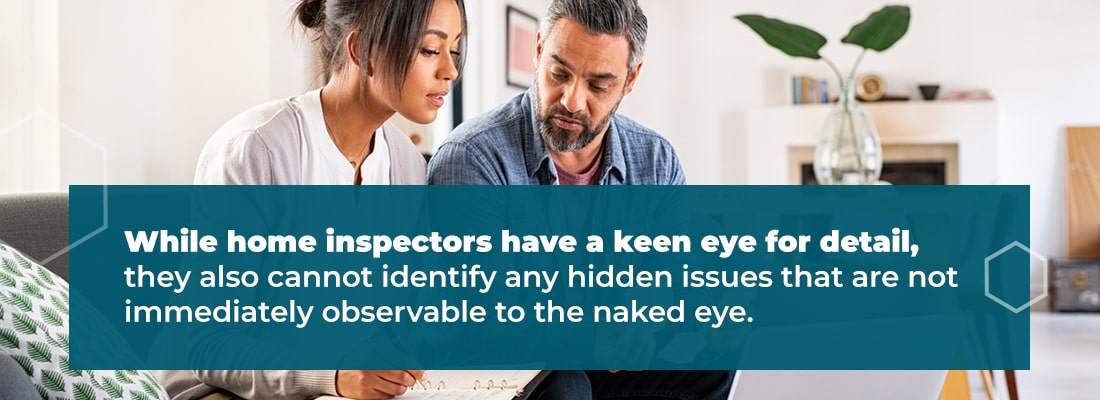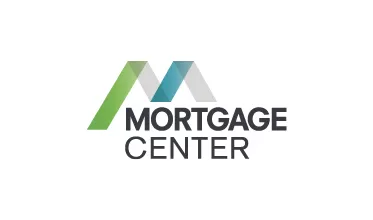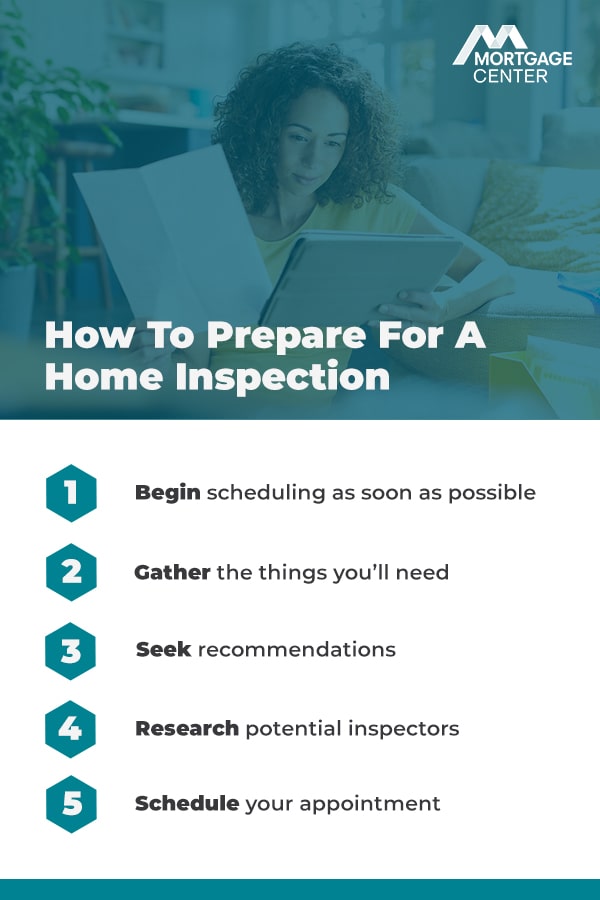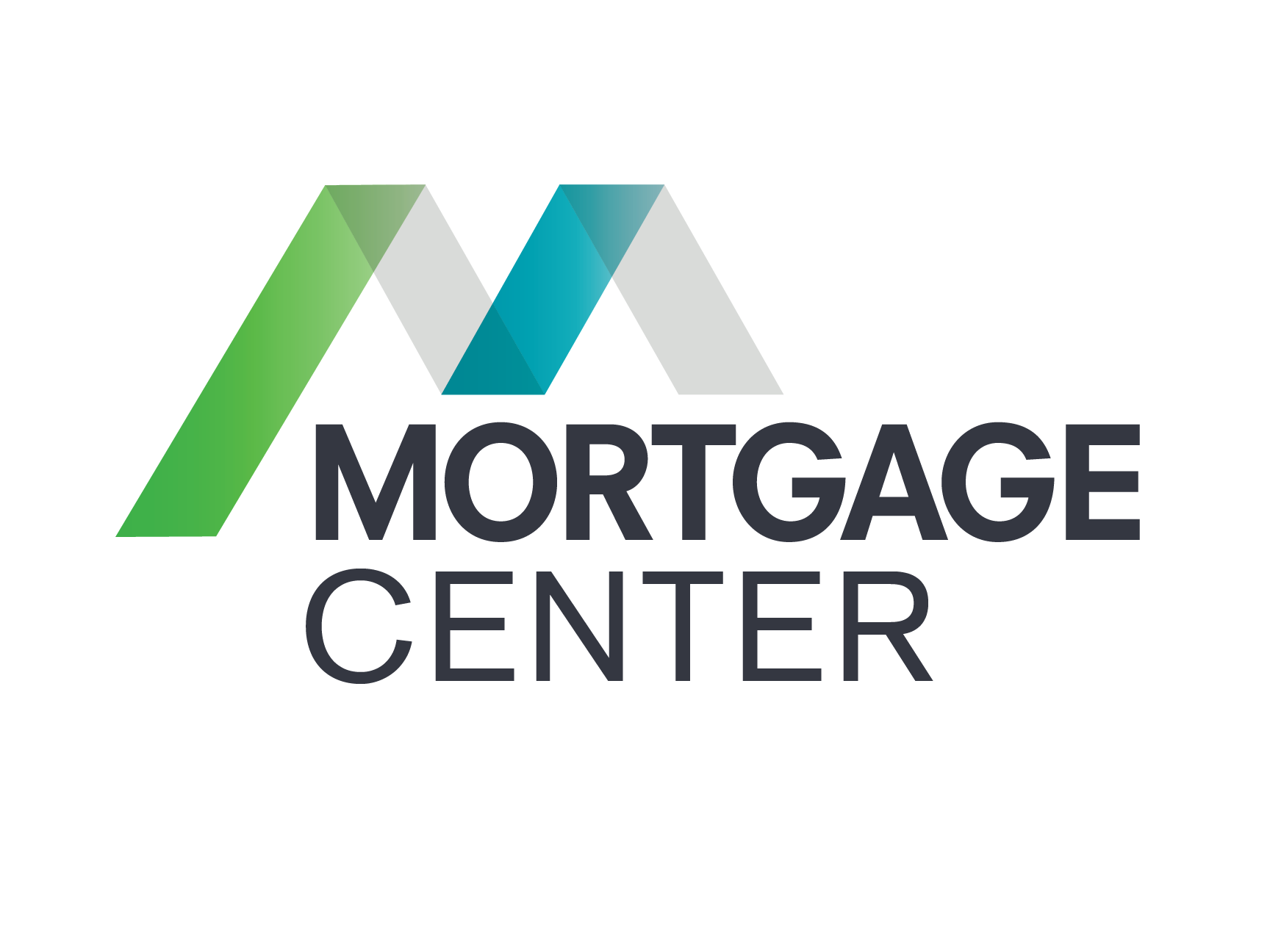Studies show Americans buy approximately 5 million houses nationwide each year, a trend that's remained consistent since 2000. As part of their purchase contracts, 84% of homebuyers request a home inspection. Among these home inspections, 86% of them identify issues that require remediation.
Getting a thorough inspection is crucial when purchasing a new home. As a buyer, you get unbiased, professional insight into the home's condition. An inspector's findings also serve as a bargaining chip when you’re in the negotiation stage. With the proper preparation, even sellers can benefit from a home inspection.
If you're considering investing in a home inspection, you likely have questions about what they entail. We have answers to some common questions about home inspections, so you can go into the process feeling confident.

What Is a Home Inspection?
Home inspections are objective, noninvasive assessments of a house's physical structure and systems, comprehensively covering components from the foundation to the roof. These primarily visual examinations focus on a home's overall performance rather than its design, cosmetic or code-related elements. Home inspections are typically part of a real estate transaction, but property owners can hire a home inspector anytime.
A home inspection will identify any faulty, inefficient or unsafe components, or those that are nearing the end of their useful lives. A home inspector will document these defects in an official written report.
While a home inspector will pinpoint a property's overall condition, they will not identify concealed flaws, predict a home's future performance or lifespan, or affect property values. They do not include design, code or environmental reviews, or energy audits. These examinations are not insurance policies, warranties or guarantees — they are merely professional evaluations of a structure's condition, safety, and functionality.
Who Completes a Home Inspection?
Home inspectors complete specific training and certifications qualifying them for the job. These professionals determine a house's current condition and compile written reports of their findings at the time of the inspection.
Home inspectors must have licenses to practice in some states, while others do not regulate the profession. In most cases, the requirements for obtaining a license are passing an examination by the state's licensing board or completing an approved training course. Some states even require inspectors to renew their licensure by earning continuing education credits.
There are some reputable organizations you can use to vet certified home inspectors including the American Society of Home Inspectors and the International Association of Certified Home Inspectors. These groups have electronic databases that locate inspectors in your area and list their experience, certifications, and services.
How Does a Home Inspection Work?
During a home inspection, the inspector will take around 2-4 hours to complete a comprehensive walkthrough of the house, including its interior and exterior. In performing the assessment, the inspector will take detailed notes and photographs, recording any defects or hazards. If the buyer is present during the inspection, the home inspector will discuss their findings and deliver their objective opinions on the house's condition while answering any questions the buyer may have.
Home inspectors typically note three primary things during an examination:
- Whether each problem is a minor flaw, major defect or safety hazard.
- Items that are currently acceptable but need future monitoring.
- Any items that require repairs or replacements.
After concluding their evaluation, the inspector will send the buyer a report outlining their findings and discussing the home's condition, along with recommendations for repairs.
While home inspections are not pass-or-fail tests, they create opportunities for renegotiation if the house appears to be in substandard condition. If a home inspection comes back with many issues, a buyer can request repairs or negotiate a lower price.
Why Does a Home Inspection Matter?
A house is a significant long-term investment that requires a homeowner's ongoing attention, resources, and upkeep. Though not everyone will want a home inspection, these assessments are crucial parts of the buying and selling processes.
When you arrange for a home inspection on a prospective property, you will achieve all the following accomplishments.
- Identify issues: Home inspections reveal physical faults you might not have noticed yourself.
- Increase understanding: With a comprehensive home assessment comes a better appreciation of the house you're looking to buy, including any issues you might need to keep an eye on.
- Improve decision-making: When you book a home inspection, you gain valuable insights that you can use to make the most informed buying decisions.
- Reduce future expenses: Home inspections minimize the risk of any unexpected maintenance or repair needs by catching structural issues before they worsen into more expensive damage in the future.
- Negotiate costs: If you find a prospective purchase has extensive repair needs, you might negotiate with the seller to get a lower price or request repairs.
- Ensure safety: One of the primary aspects of a home inspection is safety. When you invest in one of these assessments, you can verify that the home you're interested in is safe.
- Gain peace of mind: You can gain peace of mind knowing you have more information at your fingertips to make a safe and smart investment.

What Do Home Inspectors Look For?
Requirements for home inspections can vary depending on the type of home and its location. In general, home inspectors will check the following things, according to the American Institute of Inspectors.
Interior Elements
A home inspector will evaluate numerous aspects during a home inspection. Primarily, the interior assessment includes cabinets, countertops, smoke alarms, chimneys, and other such items. Other interior components home inspectors will evaluate include the following.
- Plumbing: The home inspection will cover plumbing elements, such as faucets, showers and visible pipes, ensuring there are no perceptible leaks. The inspector will also test water pressure and locate the main water shutoff valve in the house. If the pipes are too old to evaluate, they may recommend a secondary inspection.
- Electrical: When investigating a home's electrical elements, the inspector will pinpoint its wiring type, test the power outlets, and confirm that it has working ground fault circuit interrupters in rooms like the bathroom and kitchen. They'll also check the electrical panel and outlets to ensure they don't pose fire hazards.
- Heating and cooling: Home inspectors will cover a home's heating and cooling elements, such as water heaters and heating, ventilation and air conditioning systems. They'll estimate the age and functionality of air conditioners, furnaces and water heaters and verify their correct, safe installation. They may also assess the house's ductwork and insulation.
- Structural elements: An inspector will examine several structural features of a home's interior, including floors, ceilings, stairs and drainage systems.
- Ventilation: During the home inspection, inspectors will ensure the laundry room and bathrooms have adequate venting to prevent mold, mildew, warping and fire hazards.
Exterior Elements
Home inspectors also test and inspect windows, doors, trims, patios, balconies, guardrails and other exterior items. Here are additional elements covered in exterior home evaluations.
- Walls: The inspector will assess a house's exterior walls for flaws like cracked, damaged or missing siding. They may also observe the proximity between the soil and the bottom of the house, as close contact may attract insects that can destroy the wood.
- Site characteristics: These include the condition of the driveway, walkways, gradation, and other elements visible on the outside of the home.
- Roofing: Home inspections include the roof, where inspectors check for poor installation or signs of damage, such as cracked mastic or loose shingles. They will also evaluate the gutters.
- Foundation: Because a house's foundation is usually not visible, the inspector can examine secondary signs of issues like settling or cracks.
- Grading: Inspectors must confirm grading correctly slopes away from each house. If not, the house may be susceptible to flooding and water damage.
Is There Anything a Home Inspection Doesn't Cover?
Although home inspections cover a lot, they don’t cover everything. For example, a traditional inspection does not cover things like pest infestation, household appliances, swimming pools, septic systems, chimneys and mold. As a buyer, it’s up to you to hire additional specialists to evaluate those elements.

While home inspectors have a keen eye for detail, they also cannot identify any hidden issues that are not immediately observable to the naked eye, such as asbestos, lead, and radon levels. Additionally, they will not inspect something if it means putting themselves in danger — for example, an inspector likely won't check a roof that's too high or steep to climb. Instead, they may use binoculars.
Who Pays for a Home Inspection, and How Much Do They Cost?
It’s common practice for a buyer to hire and pay for the home inspector. However, in some cases, the seller will pay, depending on what you've negotiated.
Some sellers invest in a home inspection before putting their house on the market to identify necessary repairs and reassure potential buyers. You may still choose to hire an inspector even if the seller has already conducted an initial inspection.
The cost of an inspector varies significantly based on many factors, such as home location, age and size, but in general, they cost between $300 and $500.
Are Home Inspections Required?
Unlike home appraisals, home inspections are not a requirement unless otherwise stated in the purchase contract. Still, lenders will strongly recommend them and for good reason. If you decide against having a home inspection before buying, any issue with the home will become your responsibility. It’s better to spend a little more in the beginning than to take your chances.
Can I Attend Home Inspections?
Absolutely! Most home inspectors won’t mind you coming along for the inspections. From the buyer's perspective, they give you an opportunity to see the damage for yourself. You can also take the time to ask extra questions that the inspector may not address in their official report.



